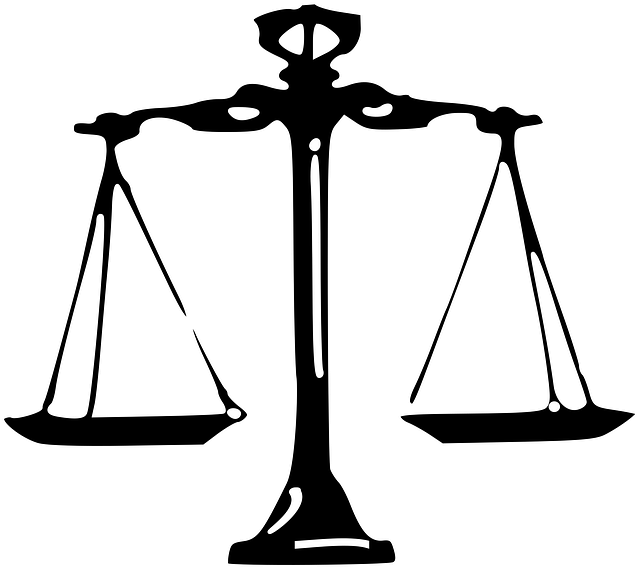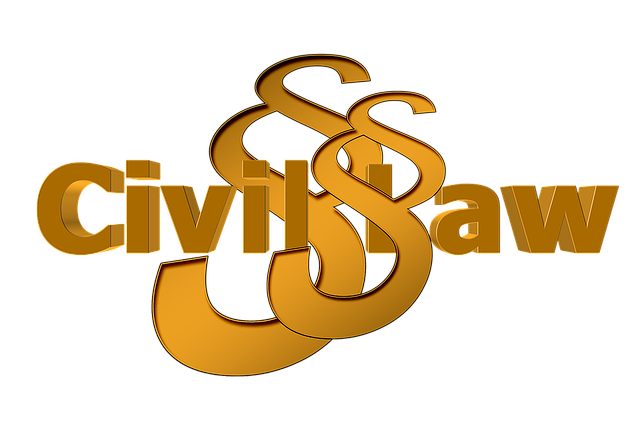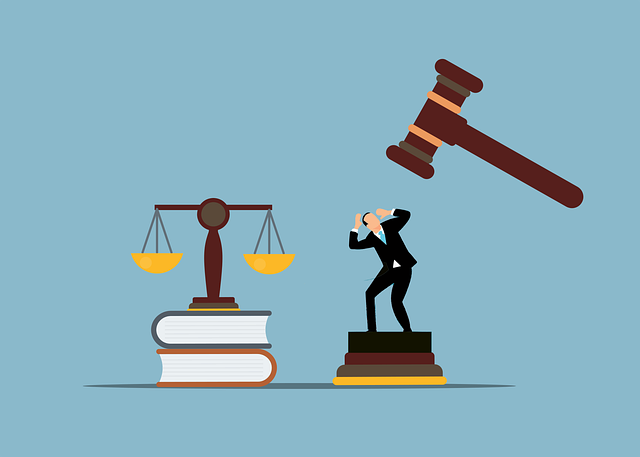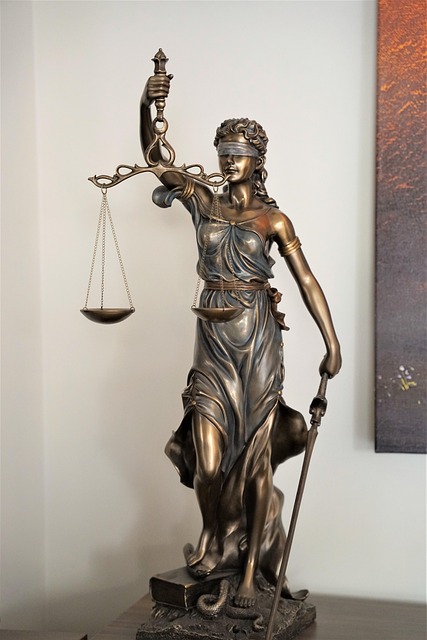Regulatory fraud laws penalize business deception, with offenses including financial data manipulation and corrupt practices. Understanding these laws is crucial for compliance to avoid severe penalties. Criminal prosecutions rely on evidence like financial records, emails, and witness testimonies. In the digital age, types of evidence used in criminal prosecution, such as emails, social media posts, and metadata, have transformed fraud investigations. Forensic auditing detects discrepancies in financial records using advanced data analytics. Preventing fraud requires collaboration between businesses, regulators, and legal professionals, focusing on internal controls, compliance programs, and strategic defense strategies utilizing documentary records and witness testimonies.
Regulatory fraud laws play a crucial role in maintaining integrity within industries subject to strict oversight. This article delves into the intricacies of these laws, exploring common types of fraud plaguing regulated sectors. We dissect effective strategies for evidence gathering, focusing on digital clues essential for criminal prosecutions. Additionally, we examine forensic auditing as a powerful tool in fraud detection and discuss comprehensive prevention methods. Understanding these aspects is vital to fostering transparency and accountability across industries. Key topics include the role of technology in uncovering fraudulent activities and types of evidence used in criminal proceedings.
- Understanding Regulatory Fraud Laws
- Common Types of Fraud in Regulated Industries
- Gathering Digital Evidence for Criminal Prosecutions
- Role of Forensic Auditing in Fraud Detection
- Strategies for Prevention & Mitigation of Regulatory Fraud
Understanding Regulatory Fraud Laws

Regulatory fraud laws are designed to protect the integrity of business and financial systems by penalizing individuals who manipulate or deceive regulatory bodies. These laws cover a wide range of offenses, including misrepresenting financial information, failing to disclose material facts, and engaging in corrupt practices to gain unfair advantages. Understanding these laws is crucial for businesses and individuals alike to ensure compliance and avoid severe penalties.
In criminal prosecutions for regulatory fraud, the types of evidence used play a significant role in determining guilt or innocence. Prosecutors often gather evidence such as financial records, emails, and witness testimonies to build a compelling case. For his clients across the country, achieving a complete dismissal of all charges requires a thorough understanding of these laws and the ability to present a strong defense based on factual discrepancies, procedural errors, or lack of intent to defraud.
Common Types of Fraud in Regulated Industries

In regulated industries, fraud can take various forms, each with its own complexities. Common types include accounting fraud, where financial statements are manipulated to misrepresent a company’s financial health; insider trading, which involves using non-public information for personal gain; and bid-rigging, where companies collude to fix prices or allocate market share. These fraudulent activities often have significant economic implications, leading to severe consequences for both corporations and individuals.
The criminal prosecution of fraud cases heavily relies on types of evidence used in court. This includes financial records, email communications, witness testimonies, and for white-collar and economic crimes, forensic accounting plays a pivotal role. An unprecedented track record of successful prosecutions can deter potential perpetrators while emphasizing the importance of transparency and integrity in regulated sectors. Moreover, handling these cases requires expertise in dealing with corporate and individual clients, ensuring that justice is served fairly and effectively.
Gathering Digital Evidence for Criminal Prosecutions

In today’s digital age, gathering evidence for criminal prosecutions has evolved significantly, especially when it comes to fraud cases. Prosecutors and investigators now have access to a vast array of electronic data that can serve as compelling types of evidence used in criminal prosecution. This includes emails, text messages, social media posts, financial records, and metadata from various digital devices. With advancements in technology, preserving and extracting this digital evidence has become more streamlined, enabling authorities to build robust cases against accused individuals or entities.
The significance of digital evidence is particularly evident in fraud investigations, where intricate schemes often leave a trail of electronic footprints. For his clients facing regulatory fraud charges across the country, having experienced legal counsel who understands these digital intricacies can be pivotal. Skilled attorneys can navigate this landscape, ensuring that evidence is collected and presented properly, ultimately either securing a complete dismissal of all charges or significantly strengthening the client’s defense strategy.
Role of Forensic Auditing in Fraud Detection

Forensic auditing plays a pivotal role in fraud detection, acting as a robust tool to uncover illicit activities within organizations. Auditors employ specialized techniques to analyze financial records, identifying discrepancies that may point to fraudulent practices. This involves scrutinizing various types of evidence used in criminal prosecution, such as financial statements, transaction logs, and digital footprints left by malicious actors. By employing advanced data analytics and industry-specific knowledge, forensic auditors can navigate complex financial landscapes and present compelling cases for both corporate and individual clients facing regulatory fraud charges.
The process is meticulous, involving a deep dive into the organization’s internal controls, risk management practices, and compliance procedures. These audits often reveal hidden patterns and anomalies indicative of fraudulent schemes, enabling authorities to build strong cases that can lead to successful jury trials. The expertise of forensic auditors is invaluable in ensuring accountability and deterring future frauds, as their findings not only aid in criminal prosecutions but also guide organizations in strengthening their defenses against regulatory fraud.
Strategies for Prevention & Mitigation of Regulatory Fraud

Preventing and mitigating regulatory fraud is a multifaceted endeavor that requires a proactive approach from businesses, regulators, and legal professionals alike. A robust white collar defense strategy begins with establishing internal controls and compliance programs tailored to an organization’s specific industry and risks. Regular employee training on ethical conduct, recognition of fraudulent practices, and reporting mechanisms are critical components of this foundation. Additionally, implementing robust data analytics and auditing processes can help identify anomalies indicative of potential fraud.
When it comes to addressing regulatory fraud, the types of evidence used in criminal prosecution play a significant role. In cases involving white collar and economic crimes, regulators and prosecutors often rely on documentary evidence, such as financial records, emails, and contracts. Furthermore, witness testimony from employees or individuals with knowledge of the fraudulent activities can provide compelling insights. By combining these various forms of evidence, a general criminal defense strategy becomes more effective in both preventing and prosecuting regulatory fraud, ultimately fostering a culture of integrity within organizations.
Regulatory fraud laws play a pivotal role in maintaining integrity within industries subject to strict oversight. By understanding these laws and implementing robust prevention strategies, organizations can safeguard against potential fraud. Digital evidence, a cornerstone of modern criminal prosecutions, significantly enhances detection capabilities. Forensic auditing acts as a vigilant guardian, uncovering intricate fraud schemes. Staying proactive through comprehensive training and internal controls is essential to navigate the complex landscape of regulatory compliance, ensuring a culture of integrity and deterring illicit activities.






